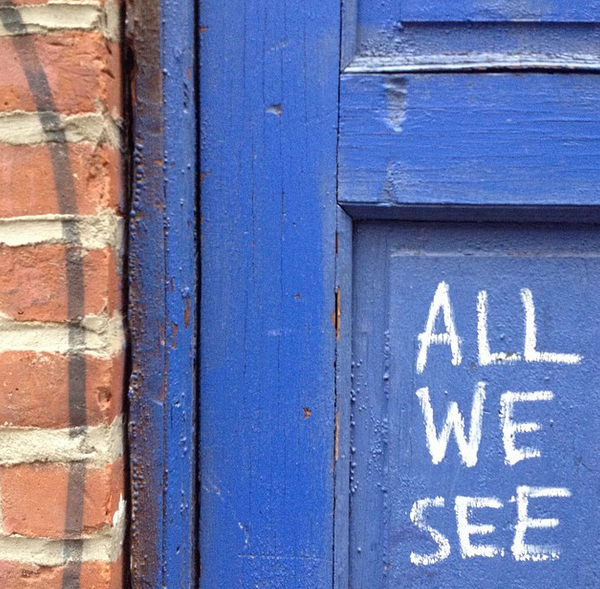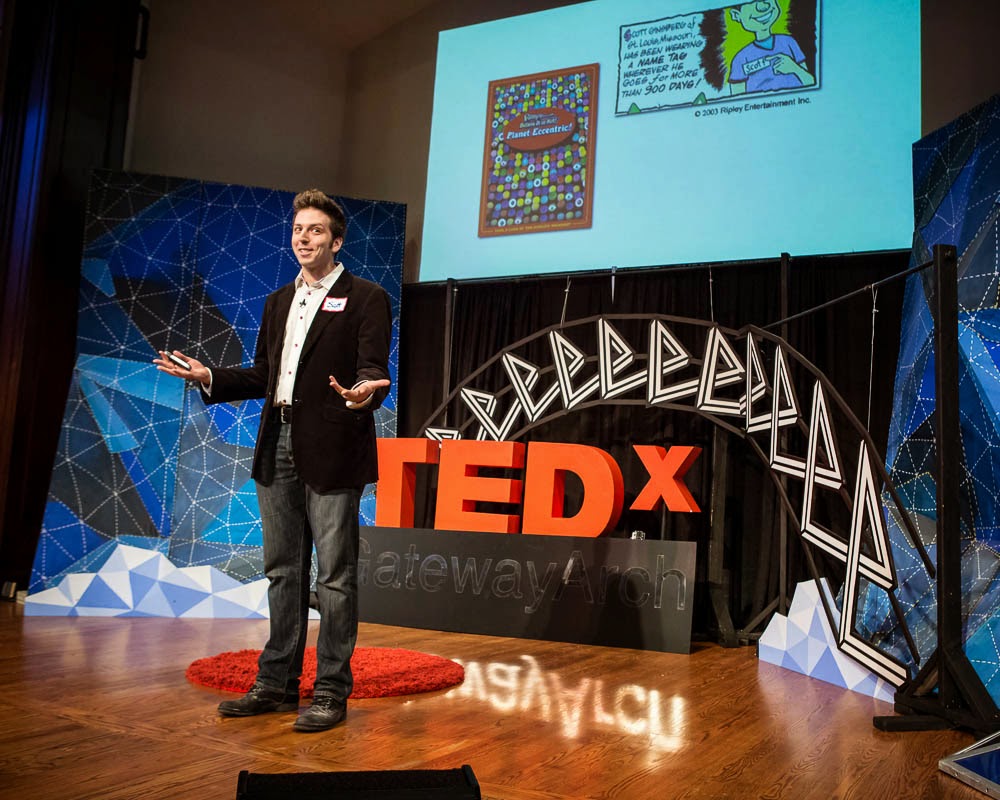

All creativity begins with the moment of conception.
That little piece of kindling that gets the fire going. That initial source of inspiration that takes on a life of its own. That single note from which the entire symphony grows. That single spark of life that signals an idea’s movement value, almost screaming to us, something wants to be built here.
And so, in this blog series, I’m going to be deconstructing my favorite moments of conception from popular movies. Each post will contain a video clip from a different film, along with a series of lessons we can learn from the characters.
Today’s clip comes from the wonderboy scene in The Natural:
What can we learn?
Create an unfair advantage for yourself. Roy’s bat is magical. It’s his foolproof lance. From a
mythological perspective, it possesses the same invincible properties as the legendary
sword excalibur, giving its owner remarkable
performance abilities. But the secret is, he didn’t win this bat in some
contest. Nobody handed it down to him as a family heirloom. He didn’t steal it
from the neighbor’s garage. Roy hand crafted his instrument from the tree near
his boyhood home that was struck by lightning. Meaning, its magic was a product
of its source materials, its innovative creator and its preservation over the
course of time. Wonderboy was specially made with love, care, and devotion, all
characteristics that make a baseball player better than the rest. Hobbs
created a new context for himself. Instead of bulking up on steroids, he built
up a proprietary asset that made his work completely immune from imitation. Instead
of complaining that he was past his prime, he built his own equipment and
created his own leverage. Like the marathoner who trains at higher altitudes to earn an unfair
advantage over the runners who train at sea level, he uniquely position himself
for success with an asset and a context that was his and his alone. How could you
join forces with the unreasonableness of life and create an unfair advantage
for yourself?
Don’t cling to your
gift too tightly. Roy’s has a gift,
but his father reminds him that it’s not enough. That he has to develop
himself. Because if he relies too much on his own gift, he’ll fail. Now that’s good advice. It’s like the
most beautiful girl in high school. Her childhood is filled with praises.
Everything is handed to her. Everyone tells her she’s interesting and special.
But as a result, she never has to work at making something of herself. She
never has to put in the elbow grease to develop character. And by the time her
beauty fades, her remaining foundation lacks any real substance. It’s the stuff
identity crisis is made of. We throw our heart into something, but we let it
become all that we stand for. We find meaningful home for our gift, but we
allow it to become our sole place of identification. Roy realizes that the enemy of progress
is refusing to embrace the new. That if he clings so doggedly to his gift, he’ll
never evolve into the person he was meant to become. That’s what I love about this movie. It’s a genuine meditation
on identity. A reminder that we’re all bigger than our past, we all
outgrow yesterday’s definition of ourselves, and we all have the ability to
live larger than our labels. Let the past die and the future will take care of
itself. What will happen when you become
more than what you’re known for?
Stand out in the rain. Lightning plays major a role in many mythologies, but
also emerges in mass communications as prominent symbol of power, speed,
electricity, and most notably, creativity. What’s interesting is, if you study
the most prolific creators in history, none of them hang their hats on the
almighty thunderbolt. They’re more likely to practice gradualistic
creativity, which rejects
the notion of the elusive eureka moment and instead promotes an existential and
holistic approach to a creative life. Instead of puttering around in the dirt, hoping lightning will strike, they
actually start pulling the plow and cultivating fertile ground so the spark of
conception keeps firing every time we go to work. That’s the unsexy reality of
the creative process. It’s just as clerical as it is cosmic. It’s just as
mechanical as it is magical. It’s more than just making art, it’s also
generating our own demand, building our own leverage, establishing our own
momentum and manufacturing our own opportunities. How could live your life in a way that your art gets done over and
over?
What did you learn?
* * * *
Scott Ginsberg
That Guy with the Nametag
Author. Speaker. Strategist. Filmmaker. Publisher. Songwriter.
scott@hellomynameisscott.com

Never the same speech twice. Customized for your audience. Impossible to walk away uninspired.
Now booking for 2014-2015.
Email to inquire about fees and availability. Watch clips of The Nametag Guy in action here!
